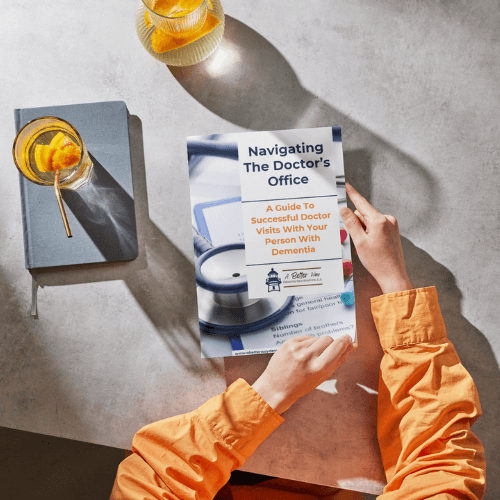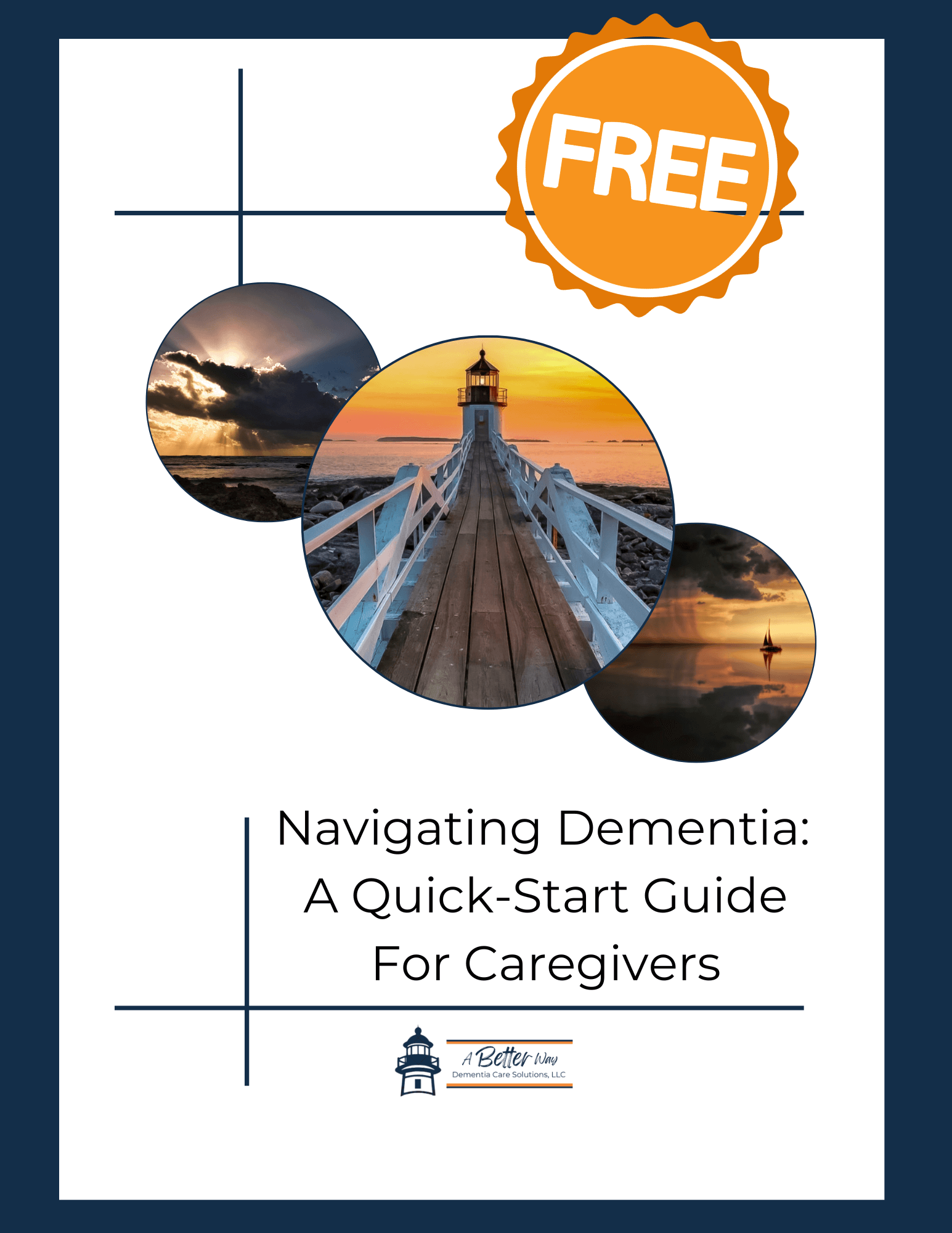
As caregivers, we often put ourselves last, believing that the needs of the person we care for are more important than our own. But as the New Year begins, it’s time to rethink that approach. Practical self-care doesn’t have to mean extravagant vacations or hours at the spa. Instead, it can be small, daily habits that give you the energy and emotional strength to continue providing the best care possible. This blog offers realistic and achievable self-care strategies tailored for your busy life.
1. Start with Small, Consistent Steps
You don’t have to overhaul your entire day to practice self-care. Instead, focus on small steps that fit into your routine:
- Hydration: Keep a water bottle nearby and sip throughout the day.
- Nutrition: Stock up on healthy, grab-and-go snacks like almonds, trail mix, and protein bars.
- Movement: Incorporate 5-10 minutes of stretching or walking into your day. For example, try a few yoga poses in the morning or take a short walk during a moment of downtime.
Product Recommendation: Hydro Flask Water Bottle – Durable and portable, helping you stay hydrated while on the go. Check it out on Amazon
2. Time Blocking for “Me Time”
Carve out time, even in 10-minute increments, for yourself. Time blocking can help make self-care a priority:
- Set a Reminder: Use alarms on your phone to schedule short breaks.
- Morning Routine: Wake up 10 minutes earlier for a calming activity like journaling or reading.
- Evening Wind-Down: Dedicate a few minutes before bed to deep breathing or writing down three things you’re grateful for.
Product Recommendation: 365 Days of Care–A Reflection Journal For Dementia Caregivers - A structured journal perfect for busy caregivers. Check it out on amazon
3. Delegate Tasks Whenever Possible
You don’t have to do it all. Delegation can help you reclaim precious time:
- Ask family members or friends for help with small tasks.
- Hire a caregiver for a few hours each week to give yourself a break.
- Utilize grocery delivery or meal services to reduce your workload.
Product Recommendation: Amazon Grocery Delivery – Save time with convenient grocery delivery services.
4. Incorporate Quick Stress Relievers
Stress management doesn’t have to take a lot of time. Try:
- Breathing Exercises: Pause for 3-5 deep breaths when you feel overwhelmed.
- Mini-Meditations: Close your eyes and focus on a calming image for 1-2 minutes.
- Music Therapy: Listen to a favorite song or relaxing playlist.
Product Recommendation: Calm App – Offers guided meditations, music, and breathing exercises tailored to busy schedules. I use my Calm App every night! (I'm not an affiliate- I just really love it!)
5. Build a Support System
A reliable support system can make all the difference:
- Join a caregiver support group online or in person.
- Connect with friends who understand your journey.
- Seek out coaching or mentorship to gain emotional and practical support.
Recommendation: A Better Way Dementia Caregiver Support Group – Join our online community for encouragement and resources. click here to join
Call to Action:
Join Our Private Caregiver Community
If you're looking for a safe space to share your caregiving experiences, ask questions, or simply connect with others who understand the challenges you face, join our private Facebook support group for caregivers. It's a supportive, empathetic community where you can find encouragement and answers when you need them most. Click here to join.
Subscribe to Our Newsletter & Download Your Free E-Book
For more valuable tips, resources, and updates on dementia care, click here to subscribe to our newsletter today!
Looking for activities to try with the person you are caring for? To explore dementia-friendly games and activities in our Etsy shop, click here.
To help you prepare for and manage doctor’s appointments with the person you care for, click here to receive our free downloadable e-book, Navigating the Doctor's Office: A Caregiver’s Guide.

Affiliate Disclosure
A Better Way - Dementia Care Solutions, LLC participates in the Amazon Associates Program, which means we earn a small commission when you buy through links on our site, at no extra cost to you. We only recommend products that we believe can help caregivers on their journey.
Disclaimer: The information provided in this blog is for educational purposes only and should not be considered medical advice. Always consult with a doctor or a licensed physical therapist before starting any new exercise routine, using assistive devices, or following the recommendations mentioned. Every individual’s needs are different, and professional guidance is essential to ensure safety and appropriateness of care.
Want to keep figuring this out together?
Subscribe to Finding Our Way in Dementia Care and get honest stories, helpful tips, and gentle support delivered to your inbox every week. Just real talk, grounded care, and space to breathe.
Subscribe to Finding Our Way in Dementia Care and get honest stories, helpful tips, and gentle support delivered to your inbox every week. Just real talk, grounded care, and space to breathe.
Kind truth. Clear steps. Warm guide.
















0 Comments